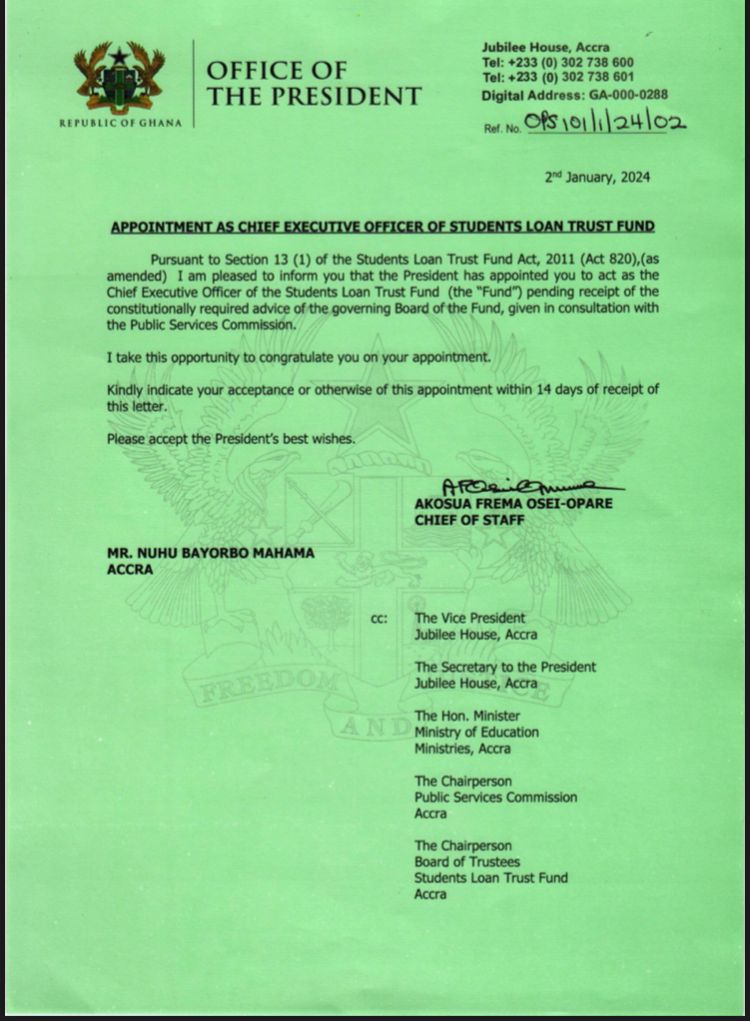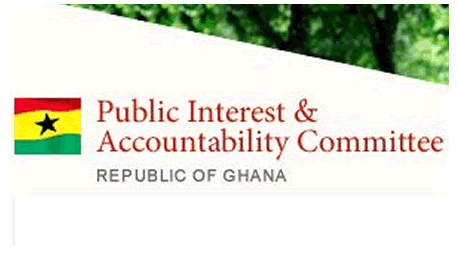
…gov’t must increase funding to SLTF
The Students Loan Trust Fund (SLTF), established to give subsidised loans to Ghanaian tertiary students studying in accredited institutions, has been hit with an acute funding challenge, evident in its inability to honour about GH?50million to qualified applicants in the 2023 academic year.
The 2023 West African Senior School Certificate (WASSCE) results are on record as the best in the four years of the Free Senior High School (FSHS) policy. With the majority of candidates obtaining grades A1-C6 in the four core subjects: English Language, Social Studies, Integrated Science and Mathematics, intake into tertiary would be high, putting more pressure on the SLTF.
The Executive Director of African Education Watch (Eduwatch), Kofi Asare, has stated that this situation is likely to worsen for the 2024 academic year due to inadequate financing of the student loan scheme by the government. The inadequate financing of the SLTF led to undue delays in the payment of approved loans, and limited the number of successful applicants to only 70 percent.
He mentioned that though some progress has been made with the elimination of the guarantor system, the current circumstances surrounding the SLTF operations defeat the very essence of the scheme.
For existing students, while it costs about GH?15,000 a year to fund a regular tertiary programme in humanities – covering tuition, accommodation and other educational expenses, the average student loan of about GH?2,000 a year is non-responsive to the financial needs of needy tertiary students.
“At the end of the 2023 academic year, loans owed students by the Student Loan Trust Fund was more than GH?50million. The financial barrier to tertiary access continues to pose a threat to tertiary access by poor students, as the students’ loan scheme is underfunded and focused only on existing students to the detriment of prospective students who require bursaries to honour their admissions,” he said.
Furthermore, he mentioned that before 2022, only 39 percent of WASSCE candidates progressed to tertiary in the ensuing academic year, suggesting up to 250,000 secondary school graduates do not make it to tertiary annually.
However, the 50 percent increase in the second cycle enrolment because of the free SHS policy makes the situation dire, with negative consequences for youth unemployment.
Stakeholders call for improved funding of the student loan scheme, an arrangement that allows bursaries to prospective tertiary students, and an increase in the beneficiary amount to reflect the economic exigencies.
The Ghana Education Trust (GETFund) is the primary source of funding to the SLTF; therefore, the ability of the SLTF to be responsive, providing realistic amounts to students concerning their fees and disbursing funds in time, depends on the effectiveness of GETFund.
Need to review STLF law
The CSOs in the education sector have been calling for the review of the STFL law to raise the minimum share of GETFund to the statutory fund from its current two percent to at least 10 percent to ensure the SLTF gets enough funds to support students’ needs.
“The law must be reviewed. As of now, the law states a minimum of two percent and because of that, GETFund is always going for the minimum; so, the law must be revised to make it 10 percent so that SLTF can get enough funds to operate.
“If we fix this financing architecture for the SLTF, then we can have a students’ support system that will disburse funding much earlier because they are receiving funding at the right time, and also increase the average disbursement to meet realistic fee levels,” Mr. Asare emphasised.
The post Student Loan Trust Fund’s GH?50m shortfall to worsen appeared first on The Business & Financial Times.
Read Full Story

















Facebook
Twitter
Pinterest
Instagram
Google+
YouTube
LinkedIn
RSS